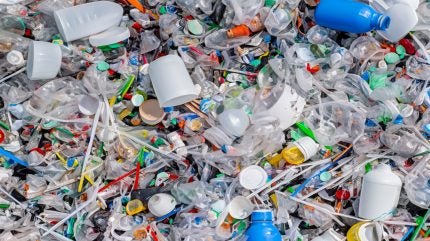
The US has raised concerns over Canada’s Zero Plastic Waste Agenda, particularly the Single-Use Plastics Prohibition Regulations under the agenda, identifying them as a potential technical trade barrier.
This development comes in the wake of the US’ 2025 National Trade Estimates (NTE) Report on Foreign Trade Barriers, which acknowledges support for Canada’s environmental efforts but expresses apprehensions regarding the availability of viable alternatives for plastic packaging.
The report specifically highlights the US’ worries about the impact on food safety from compostable or recycled packaging options, suggesting that such materials could restrict US agricultural exports.
Despite these concerns, the US has emphasised its willingness to continue working with Canada to discover science-based, sustainable alternatives for plastic packaging.
Meanwhile, the Retail Council of Canada has committed to keeping a close watch on both domestic and international plastics policies, particularly in light of the upcoming Canadian federal election.
The NTE Report categorises foreign trade barriers into 14 distinct groups, ranging from import policies to environmental barriers, all of which could potentially hinder international trade, investment, and e-commerce.
In November 2018, the Canadian Council of Ministers of the Environment, representing federal, provincial, and territorial governments, formally adopted the nationwide Strategy on Zero Plastic Waste.
This strategy, which builds upon the Ocean Plastics Charter, adopts a circular economy and life cycle approach to managing plastics and lays out a comprehensive framework for action within Canada.
To implement this strategy, the nationwide Action Plan on Zero Plastic Waste was adopted, with Phase 1 (2019) focusing on enhancing the circularity of plastics and Phase 2 (2020) targeting the reduction of plastic pollution, raising awareness, strengthening science, and taking global action.
Several US states and cities have begun to take action against plastic pollution, with many of them enacting or planning bans on polystyrene foam in foodware, packaging, and coolers.



